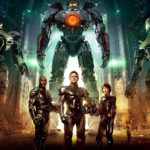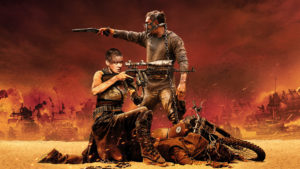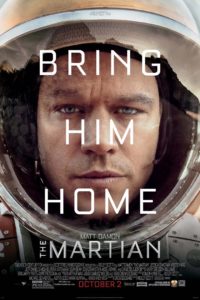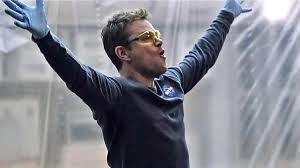A guest post by Jacqui Talbot
First off, let me be clear, I’m a consumer. Not a critic. When it comes to movies, I watch for one reason—entertainment. And when it comes to said entertainment, I have very specific tastes. I like big adventure flicks, full of explosions, gunfights—or even better, swordfights—and the occasional one-liner.
So, as you can imagine, DEADPOOL was my jam.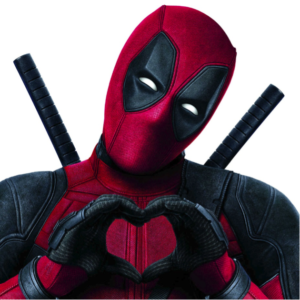
But that’s a blog for another day.
Today, I want to discuss a different, imperfect film full of weak character motivations, structural issues, and plot holes big enough to accommodate a Mondoshawan spaceship and a giant black ball of skull fire.
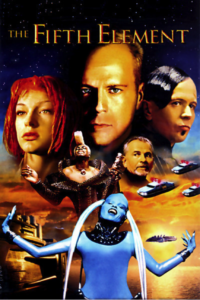 That’s right, people. I’m talking about THE FIFTH ELEMENT.
That’s right, people. I’m talking about THE FIFTH ELEMENT.
A few weeks ago, I watched an interview with Gary Oldman about his most iconic roles. When THE FIFTH ELEMENT came up, he admitted that he only did it as a favor to the director, and that he didn’t even read the script. When the interviewer reminded Oldman that the film is now considered a cult classic, he laughed and said, “I know. That’s the wacky world we live in.”
Now, I’m not a huge fan of Mr. Oldman (or his political views) but I will freely admit that the man is a great actor. And that interview started me thinking. Why would someone so talented denigrate one of my favorite movies? Was I wrong about THE FIFTH ELEMENT? After all, it had been a while since I last watched it. Could it be that my memory—faded by too much time and tequila—was ascribing greatness to something that wasn’t all that great?
So, I dug out my old copy and popped it into the VCR. (Yes, I still have a VCR. Don’t judge me.) And I found, to my surprise, that the movie still held up. The costumes were just as outrageous, the comedy as broad, and the action as blood-pumping as I remembered. I laughed. I cried—mostly from laughing. And I wanted to watch it again as soon as it was over.
Now, I’ve seen plenty of action movies in my time. And, on paper, they all have the same attributes—swordfights, gunfights, explosions, and at least one gratuitous shot of a sweaty, muscular hero sans shirt. What more could a gal ask for?
Just one simple ingredient—fun. Remember this guy? (If not, you can watch the scene play out in the link below.)
See what I mean? Sure, THE FIFTH ELEMENT may have some major logic and pacing issues, and the acting is hardly Oscar-worthy. But, if you’re looking for a goofy, gleefully over the top movie that doesn’t take itself too seriously, then this is the one for you.
Don’t get me wrong, as an author, I know that movies are great resources that offer valuable insight on story structure, character development, and visual storytelling. But in the end, for me, it’s all about being entertained.
So, whether you’re outlining, writing, revising, or editing, always look for the fun factor—that special bit that gets you excited or makes you smile. Because, just like movies, novels are meant to be entertaining.
And if you’re not having fun…then what’s the point?
About the Author:
Jacqui Talbot is a book worm, devoted Whovian, and certified fantasy geek. When not pursuing her dream of becoming a full-time writer, she spends her time learning different languages (six and counting) and being a nuclear chemist. Her current projects include SPINNERS, a YA supernatural thriller set on the Choctaw Indian reservation where she grew up, and KARMA AND CHEMISTRY, a MG fantasy adventure featuring a twelve-year-old protagonist who uses science to battle dark magic.

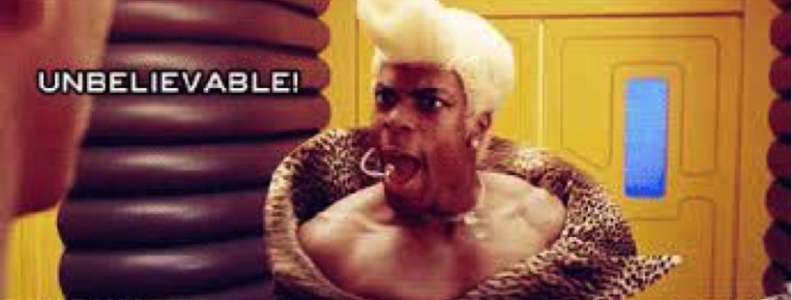
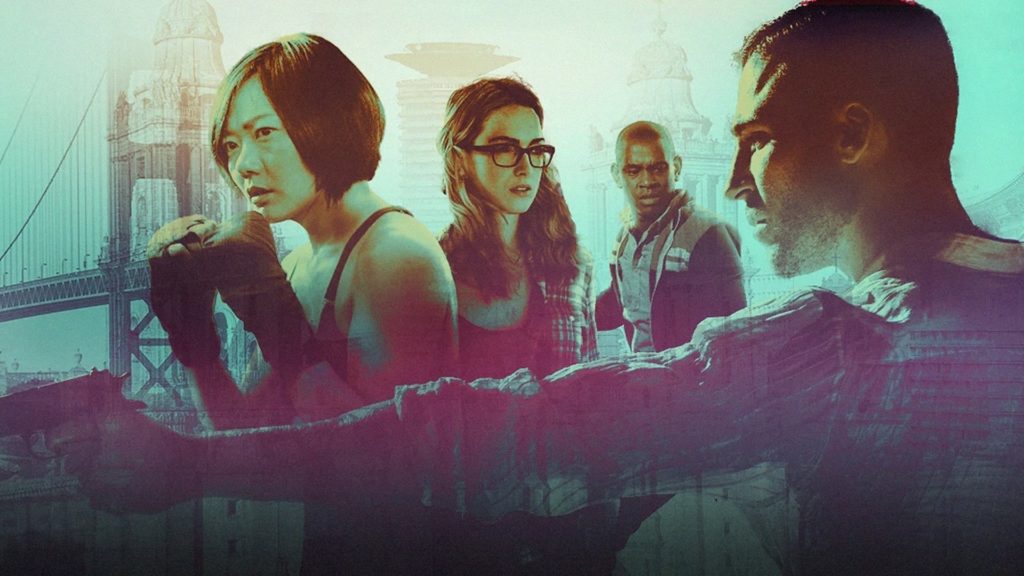 Last summer, I got psyched up about Netflix’s new series, Sense8. I had no idea what it was about—I hadn’t even seen a trailer—but it had J. Michael Straczynki and the Wachowskis at the helm, and that was enough for me to give it a shot. I stayed up until 2:00 a.m., waiting for the show to appear in my Netflix queue. I was strangely drawn to the fact that the cast was mostly composed of people I hadn’t heard of before. After all, when I see Matt Damon onscreen playing a character, I have trouble seeing the character; I see Matt Damon onscreen playing a character. Know what I mean?
Last summer, I got psyched up about Netflix’s new series, Sense8. I had no idea what it was about—I hadn’t even seen a trailer—but it had J. Michael Straczynki and the Wachowskis at the helm, and that was enough for me to give it a shot. I stayed up until 2:00 a.m., waiting for the show to appear in my Netflix queue. I was strangely drawn to the fact that the cast was mostly composed of people I hadn’t heard of before. After all, when I see Matt Damon onscreen playing a character, I have trouble seeing the character; I see Matt Damon onscreen playing a character. Know what I mean? Evan Braun is an author and editor who has been writing books for more than ten years. He is the author of The Watchers Chronicle, a completed trilogy. In addition to writing science fiction, he is the managing editor of The Niverville Citizen. He lives in Niverville, Manitoba.
Evan Braun is an author and editor who has been writing books for more than ten years. He is the author of The Watchers Chronicle, a completed trilogy. In addition to writing science fiction, he is the managing editor of The Niverville Citizen. He lives in Niverville, Manitoba.